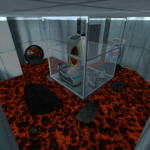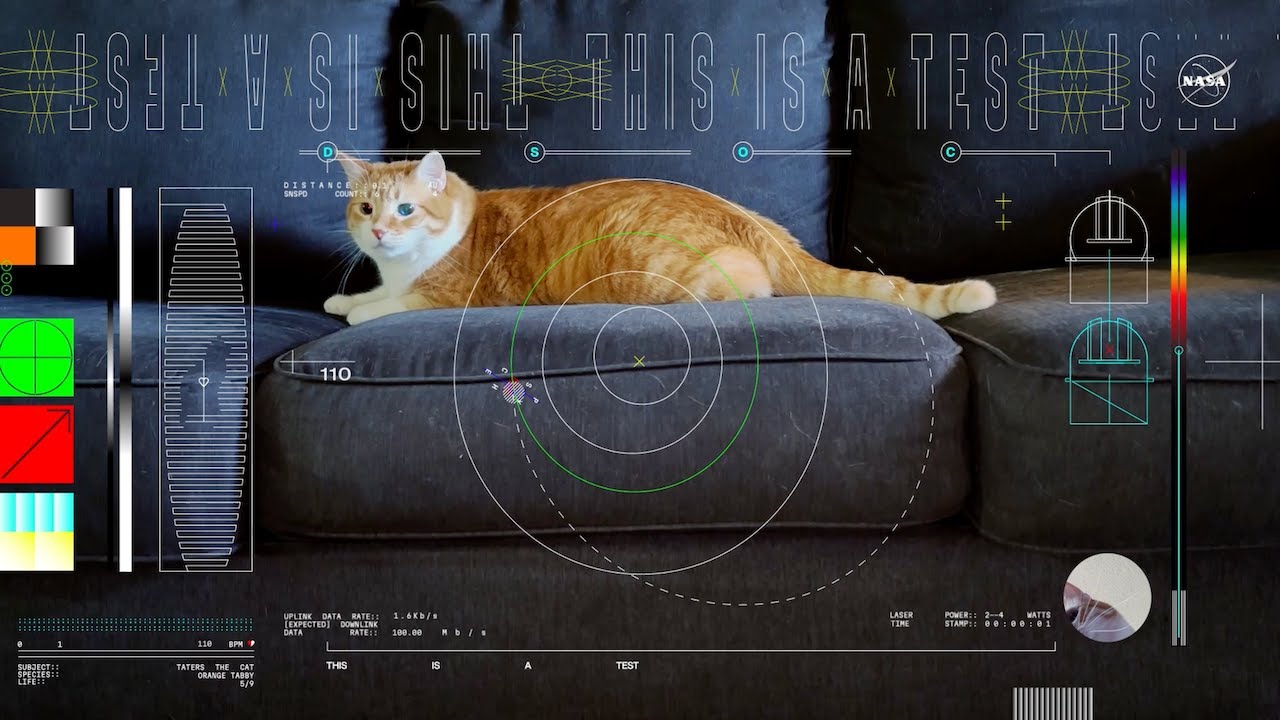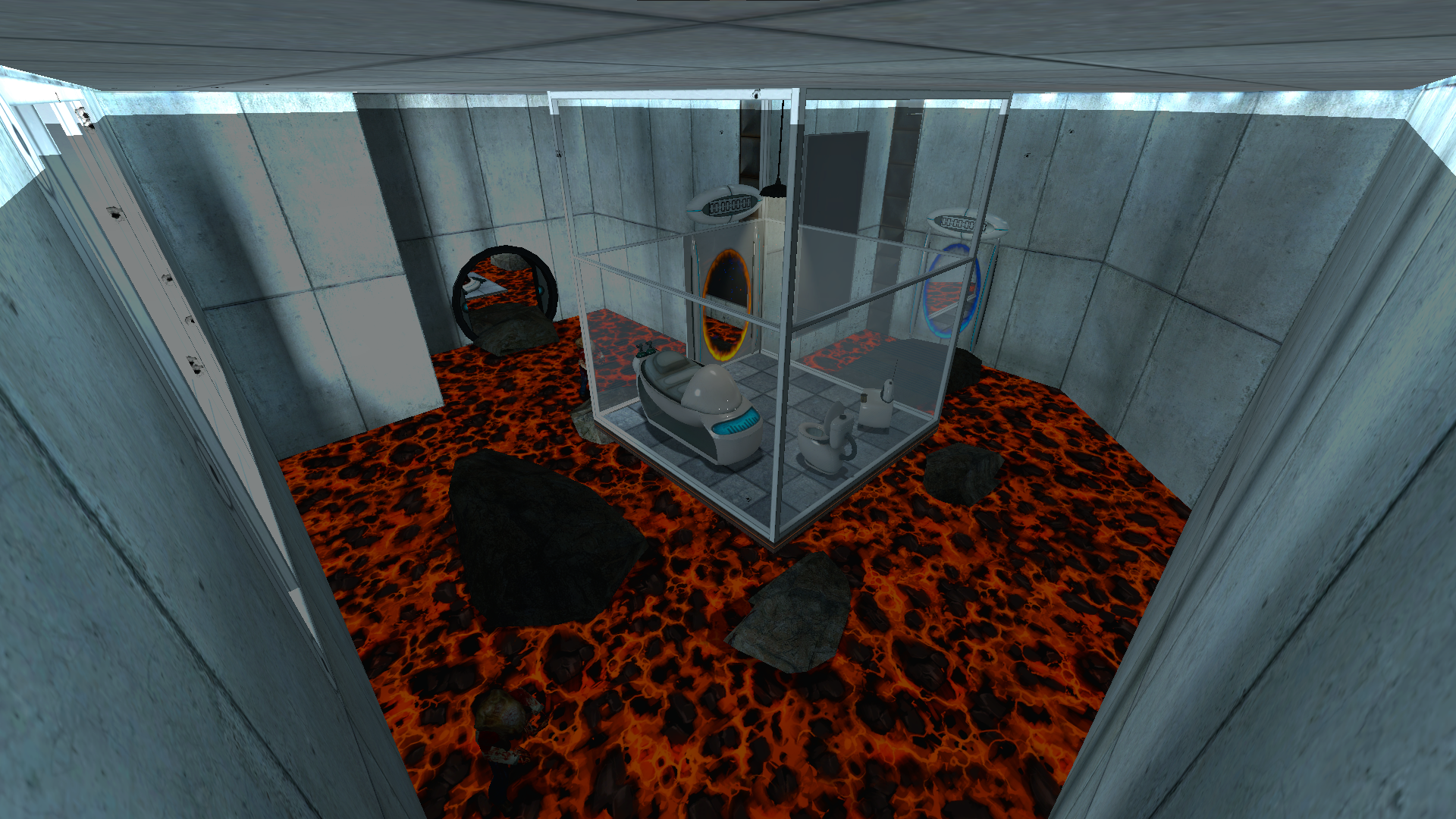NASA has demonstrated a successful transmission of a high-definition video from a probe over 30 million kilometres away in space. Instead of using the traditional method of radio waves, the system onboard asteroid-probe Psyche utilises a powerful near-infrared laser beam. Rather than showing us the unnerving splendour of the empty void, engineers chose a 15-second clip of Taters: An orange cat, chasing a red laser dot about a couch.
No, I haven’t made this up. Our office team spotted the news on CNN and having gone through all of NASA’s pages on the craft Psyche and its mission details, I can confirm that it’s all 100% true: Taters is now a space legend.
Deep space probes routinely send data back to Earth, providing information on the craft’s status and results from any specific experiments taking place. Normally, this is all done via a beam of radio waves, because it doesn’t require a huge amount of power and the transmission is far less likely to suffer from interference.
However, radio beams are somewhat limited concerning how much data can be transmitted every second. The latest missions use every possible trick and algorithm to maximise the amount of data that can be carried in the signal, but this does have limits. To really boost the transmission rate, you need to use a higher frequency signal.
This is why the Jet Propulsion Laboratory (JPL) designed a 75W near-infrared laser system for the asteroid probe Psyche, which can send and receive data at transmission rates of up to 267Mbps. That’s significantly higher than radio systems, which even at their very highest speed, they’re still 10 times slower than lasers.
But the coolest thing about all of this is that NASA tested its capacity to transmit high-definition videos by streaming a short clip of a cat called Taters, busily chasing a red laser dot over a couch. Why this wasn’t bigger news is beyond me. Let me say it again: Space. Cat. Lasers. What’s not to love here?
Sure, the video contains all kinds of additional information, such as the craft’s orbital path and the telescope that received the laser signal, but I only cared about Taters. Fortunately, the video told me about Taters’ heart rate and all was well there.
(Image credit: Future)
Best gaming PC: The top pre-built machines.
Best gaming laptop: Great devices for mobile gaming.
Of course, the cat isn’t actually onboard the craft: The video was loaded into the probe’s memory banks before launch.
The tech demonstration is really cool, as it means future missions to the planets will be able to send back even more data and far quicker than ever before. I hope NASA honours Taters’ contribution to the exploration of space; maybe a little plaque like those on the Voyager spacecraft—one of which is currently playing up.
Or perhaps all deep space probes that sport laser transmission systems will carry the Taters clip with them and generations in the decades to come will also get to enjoy the brief antics of the orange fuzzball.









